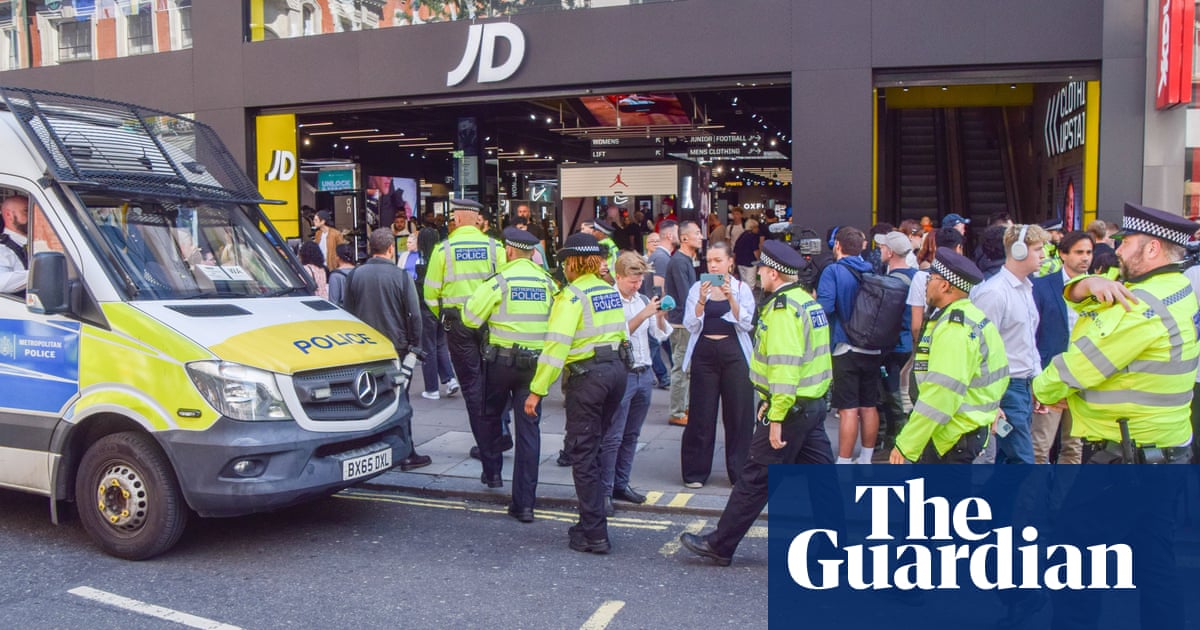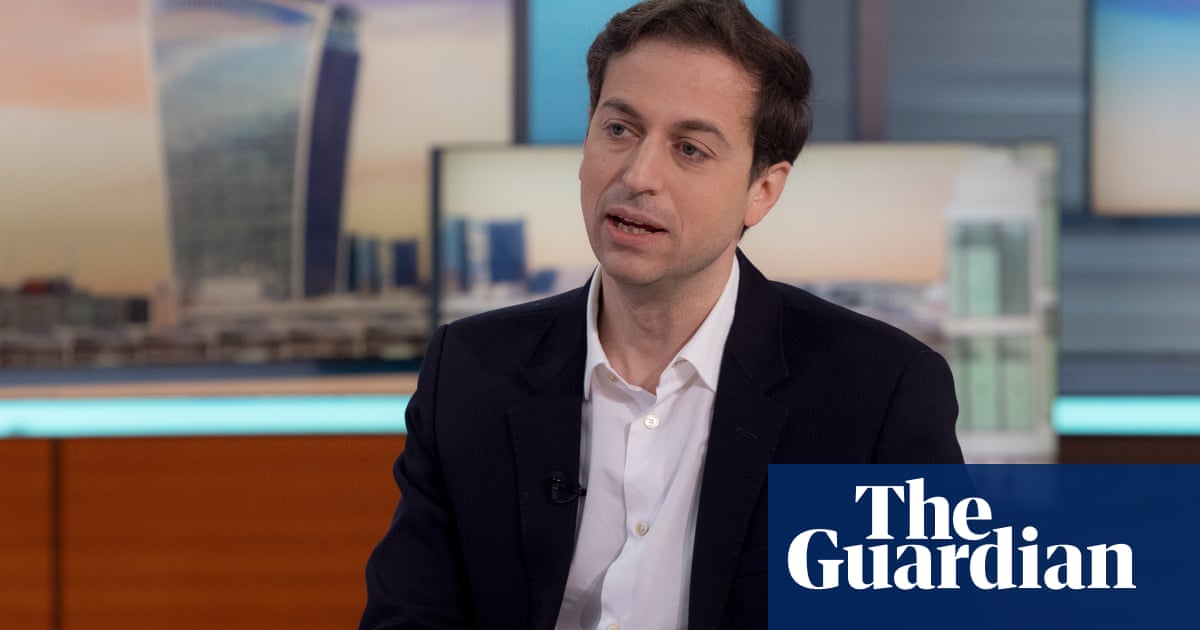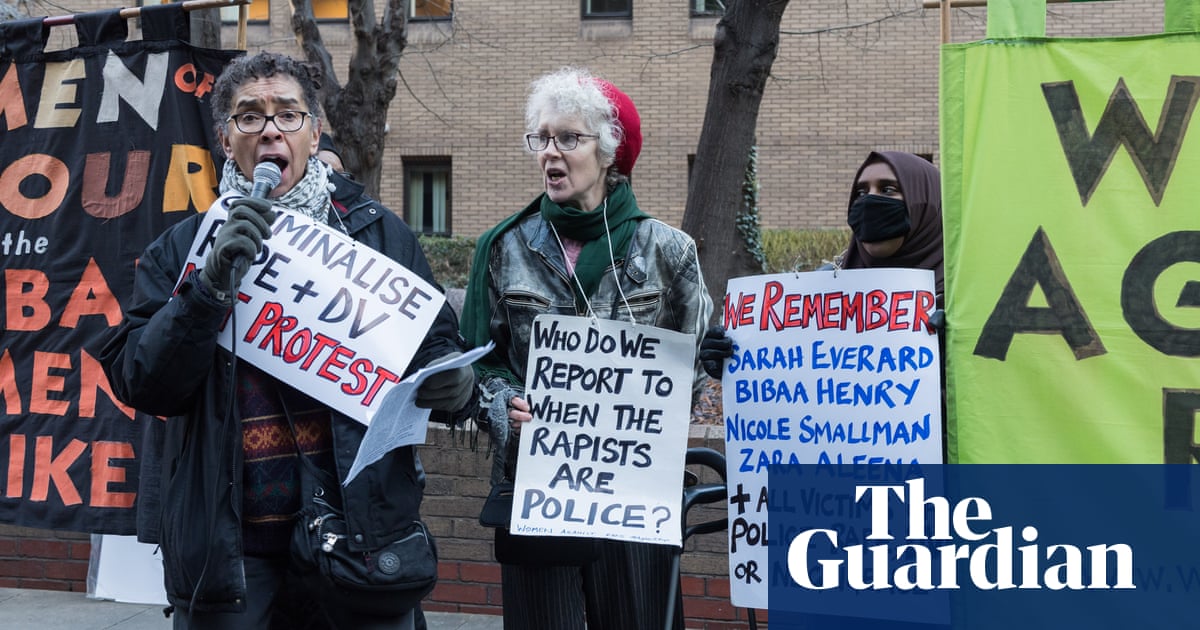
Politicians are too scared to take on big tech companies, a former chief superintendent has said after posts shared on social media attracted hundreds of teenagers to London’s Oxford Street.
Police issued 34 dispersal orders and arrested nine individuals on Wednesday after people gathered outside JD Sports in an apparent response to posts on Snapchat and TikTok urging users to take part in an “Oxford Circus JD robbery” at 3pm.
A photo circulating on Snapchat with the time and location of the event said: “Last year was lit, we know this years gonna be 10x better.”
Dal Babu, a former chief superintendent in the Metropolitan police, said naive, impressionable young people were being “swept up” by online content.
“Politicians are too afraid to take on big tech companies. How do you go and deal with companies who are making billions of pounds profit from these algorithms, and the advertising that comes from them?”
He said young people were the victims. “They are naive, impressionable and are being swept up by media companies.
“There needs to be some financial penalties to tech companies who allow these messages to go viral and spread. They need to have a system in place to stop these events.”
On Thursday, Suella Braverman called for those who took part in Wednesday’s disturbance to be “hunted down”.
The home secretary said on Twitter: “We cannot allow the kind of lawlessness seen in some American cities to come to the streets of the UK. The police have my full backing to do whatever necessary to ensure public order.”
TikTok’s algorithm, along with the personalised “For You” page, means it is far more likely that young people will come across content that is popular among their peers than on other apps, such as Instagram or Twitter.
Location, age and the content that mutual TikTok accounts engage with all play a role in shaping the videos users see on their feed.
In the US, 43% of the app’s users are aged under 14, according to the New York Times, and more children and teens between the ages of four and 18 are watching TikTok videos than YouTube.
TikTok videos are reviewed by its automated moderation technology, which seeks to identify content that violates community guidelines. If violations, including keywords or descriptions, are not identified, the content is available to view on the platform.
Ioana Literat, an associate professor of communication, media and learning technologies design at Teachers College, Columbia University, said: “The authorities do not understand TikTok and young people are very good at using coded language that the ‘outsiders’ do not understand. It’s their turf.
“TikTok rose to fame because of its [viral] challenges and although this event was not formed as a challenge, when something is going viral on TikTok, there is this temptation to partake.”
Alan Gray, a psychologist at the influencer marketing agency Tailify, said: “Young people are the biggest losers of the pandemic. They’ve missed out on what many consider to be the best moments of their lives – school, university, community building – that was all torn from them.
“There is also a certain degree of disillusionment with society and the structures of power; power structures they may no longer see as serving them but oppressing them. Corruption at the height of government is likely to send a message that bad behaviour goes unpunished.”
Shweta Singh, an assistant professor of information systems and management at the University of Warwick, said: “In essence, TikTok doesn’t necessarily read your mind, it in fact makes your mind.
“These algorithms encourage you to form opinions and nudge you towards a herd and therefore have immense power to reinforce and worsen herd mentality.”
TikTok has been approached for comment.












